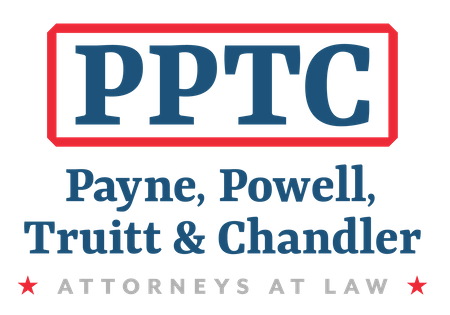When choosing a business structure, there are several considerations to keep in mind such as tax consequences, liability, formality of operation, and management preferences. Generally, businesses are created and operated in one of the following forms: Sole Proprietorship, General Partnership, Limited Partnership, Limited Liability Partnership, Corporation, and Limited Liability Company.
A limited liability company (LLC) is a type of business well suited to many smaller enterprises. It allows an owner to limit personal liability in the finances of the company, and provides some flexibility in how the company runs. There are also tax advantages to forming an LLC. The LLC itself does not pay taxes; rather, the business’s net income is passed through to the owners who report it on their personal income forms.
A Texas LLC is created by filing a Certificate of Formation with the Secretary of State. The certificate must include: the LLC’s name; the name and address of the LLC’s registered agent; whether the LLC will be member-managed or manager-managed; the name and address of the LLC’s governing person(s); the name and address of the LLC’s organizer; and the effective date of the certificate.
Choosing a Name for your LLC
Under Texas law, an LLC name must contain the words the words “Limited Liability Company” or “Limited Company,” or the abbreviations “L.L.C.,” “LLC,” “LC,” or “L.C.” “Limited” may be abbreviated as “Ltd.” or “LTD” and “Company” as “Co.”
When choosing your LLC’s name, you must choose one that is distinguishable from the names of all other business entities already on file with the Texas Secretary of State.
Once you have chosen a name, you may reserve it for 120 days by filing a Name Reservation form with the Texas Secretary of State. This reservation can also be renewed for another 120 days during the formation process.
Appointing a Registered Agent
Every Texas LLC must have an agent for service of process in the state. This is an individual or business entity that agrees to accept legal papers on the LLC’s behalf if it is sued. The registered agent may be a Texas resident or a business entity authorized to do business in Texas. The registered agent must have a physical street address in Texas. The LLC may not be its own registered agent.
Determining who your members and board are
All owners of an LLC are considered members. However, an LLC can be run by an individual or by a board. The individuals who are authorized to act on behalf of the LLC are the managers of the business. These managers have “governing authority.” How many people to have governing authority of the LLC and who those people are is up to the members.
NOTE: The managers do not have to be members of the LLC.
Complying With Other Tax and Regulatory Requirements
The list does not end there. To form a company in Texas, you must comply with other tax and regulatory requirements which include, but are not limited to, paying franchise tax, obtaining any required business licenses, and if necessary, applying for an IRS Employer Identification Number (EIN) on behalf of the LLC.
Further, it is highly advisable to create an operating agreement that outlines the company’s policies and procedures in order to documents promises made between the members.
It is important to consult with a lawyer before creating a company in Texas so that you fully understand your options and all the policies and procedures before filing applicable documents with the Texas Secretary of State. Attorneys do more than draft a document. They advise you and assist you through the process. Yes, online services may sometimes be less expensive than hiring an attorney, but making a mistake when creating your business could be much more costly to you and damaging to your business in the future.


